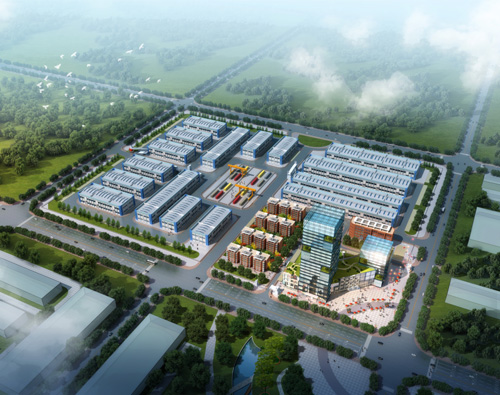1、 The key contents of Lanzhou planning assessment include the following five aspects:
(1) Evaluation of development ideas and planning objectives (II) Evaluation of basic conditions and development status (III) Evaluation of investment and construction planning scheme (IV) Evaluation of planning implementation guarantee measures (V) Main conclusions and suggestions
2、 Government planning assessment
(1) Evaluation principles
(1) Adhere to the development concept of innovation, coordination, green, openness and sharing;
(2) Take structural adjustment as the main line, and take system innovation, mechanism innovation, and scientific and technological progress as the driving force;
(3) Developing and improving the socialist market economy;
(4) Pay attention to the balance of supply and demand, industrial structure and space;
(5) Pay attention to the connection of relevant planning;
(6) Combination of forward-looking planning and operability;
(7) Seeking truth from facts, adjusting measures to local conditions and time;
(8) Adhere to the service tenet of "independence, impartiality, science and reliability".

(2) Evaluation method
(1) Combining qualitative analysis with quantitative analysis;
(2) Macro analysis is combined with meso and micro analysis;
(3) Combination of technical economic analysis and social comprehensive analysis:
(4) Combine domestic resources and market analysis with foreign resources and market analysis;
(5) Combination of necessity analysis and feasibility analysis:
(6) Combination of policy analysis and environmental analysis:
(7) Combination of mechanism adjustment analysis and system innovation analysis:
(8) The combination of object analysis, hierarchical analysis and comparative analysis;
(9) Combination of forward goal analysis and reverse problem analysis:
(10) Static analysis is combined with dynamic analysis.
(3) The construction of planning evaluation index system should follow the principles of systematicness, measurability, combination of quantitative and qualitative indicators, hierarchy and comparability.
(4) Planning and evaluation research includes macro background research, field research and key project research.
3、 Principles of enterprise planning and evaluation
(1) Adhere to the people-oriented, comprehensive, coordinated and sustainable scientific development concept;
(2) Guided by the enterprise development strategy, government development planning and industrial policies, and taking into account the current and long-term interests, enterprise interests and social interests:
(3) Insist on proceeding from reality and following the laws of nature, economy and social development:
(4) Guided by the reform of the market economy system, taking the industrial layout and strategic structural adjustment as the main line, taking improving the market competitiveness of enterprises as the core, give full play to the decisive role of the market in allocating resources:
(5) Emphasize the combination of forward-looking planning objectives and operational implementation plans:
(6) Highlight the main business, adhere to the principle of benefit priority and sustainable development:
(7) Emphasize system innovation, mechanism innovation, scientific and technological progress and the improvement of enterprises' independent innovation ability;
(8) Adhere to scientization and democratization, and conduct evaluation and demonstration on the basis of extensive research;
(9) Ensure independence, impartiality, science and reliability.
Lanzhou Project Proposal Find Lanzhou Zhiyuan to provide you with professional project consulting services.









